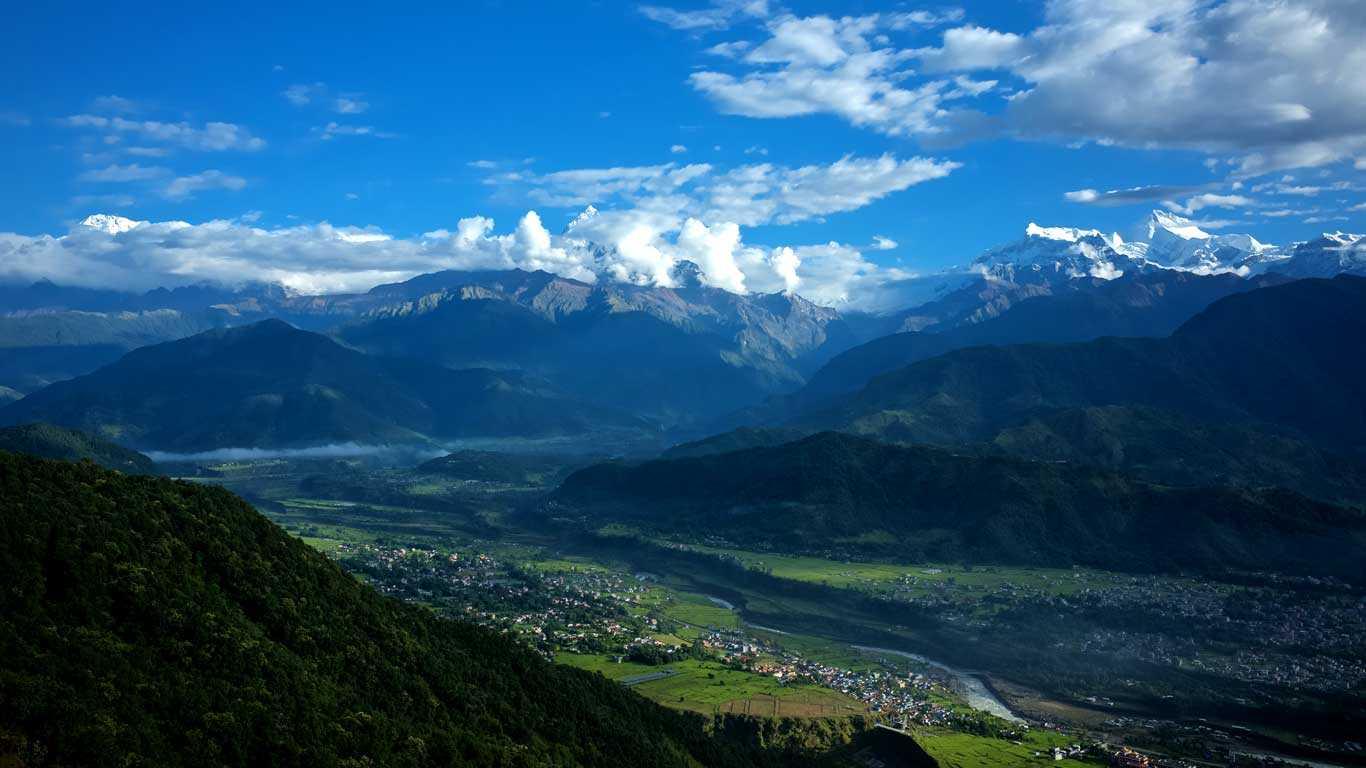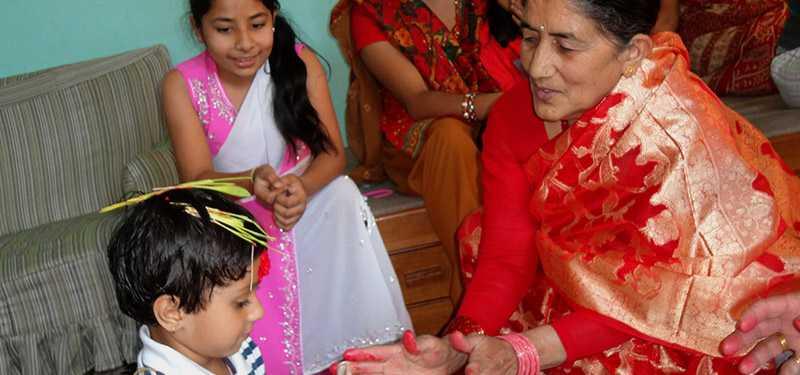Ropai Festival In Nepal

Ropai Celebration in Nuwakot
As the Monsoon rain drenches the land, a mystical festival in Nepal unfolds, bringing forth a tapestry of colors, songs, and the harmonious dance of man and nature. Ropai Festival, the celebration of the rice planting season, weaves a tale of resilience, hope, and the bond between Nepali people and their fertile lands.
With the majority of the Nepali population engaged in farming, agriculture forms the backbone of Nepal’s economy and significantly contributes to the country’s GDP. Likewise, rice holds the status of being the staple food in Nepali families, so rice farming has been a keystone of agricultural practices for centuries. Hence, the (Ropai) Rice Planting Festival is celebrated with such joy and grandeur.
This festival is celebrated on Asar 15 annually following the Lunar Calendar. It falls between June and July and marks the beginning of the monsoon in Nepal. The festival is deeply rooted in the agrarian lifestyle of Nepal and was traditionally commemorated by farmers planting rice saplings in their fields. But nowadays, non-farmers also participate in this celebration with the hope of being connected to their agricultural roots and paying respect to the providers, i.e., land and farmers.

The government of Nepal marked the 15th of Asar as the Dhan Diwas (National Paddy Day) owing to the auspicious importance of this day. It holds immense significance as it symbolizes the hope for a prosperous harvest, abundant food, and sustenance for the community. Locally known as Ropai Jatra, this festival is not limited to the act of planting only. It is the time of celebrating Nepalese culture in all its glory.
Likewise, this celebration is also known as ‘Sina Jya Jatra’ in Newari communities and ‘Chopai Jatra’ in the mid-western and far-western regions of Nepal. This enchanting festival brings communities together, evoking a sense of unity and joy.
The History Behind Ropai Festival
The Ropai Jatra was first introduced by Gajraj Singh Thapa, the Colonel of the Nepal Army in 1972 B.S., and the then Governor of Ilam. He was able to promote this ritual all over Nepal with the help of the Nepal Bhasa Society and with the cooperation of local societies.

Ever since then, this festival has been celebrated in all the farming localities in Nepal under the leadership of local communities. Each region and localities have its own way of celebrating the festival.
How Is Ropai Festival Celebrated?
On the day of the festival, the farmers wake up before dawn to prepare the materials for the plantation. And as the morning falls, they gather at the fields, where the ceremonial planting takes place. The fields are carefully divided into smaller sections, and groups of farmers work in harmony, planting the rice saplings methodically. The non-farmers can participate in this act with guidance from the farmers.
 Soon, the rice field is filled with laughter and melodious sounds of Asare Song, a Nepali Folk Song particularly sung while working in the fields. The farmers gather in circles, their songs floating through the village like the fragrance of wildflowers. These melodious tunes are more than mere melodies; they are enchantments, invoking the blessings of the deities and calling forth abundance for the planting season.
Soon, the rice field is filled with laughter and melodious sounds of Asare Song, a Nepali Folk Song particularly sung while working in the fields. The farmers gather in circles, their songs floating through the village like the fragrance of wildflowers. These melodious tunes are more than mere melodies; they are enchantments, invoking the blessings of the deities and calling forth abundance for the planting season.
With laughter in their eyes and determination in their heart, the farmers continue their work with joy. The village children with rosy cheeks and twinkling eyes join in the celebration, their tiny hands reaching out to the soil and their laughter mingling with the songs of the elders. They become the custodians of tradition, planting seeds of hope that will blossom with each passing season.

Likewise, this day is also known as ‘Dahi Chiura Khane Din.’ Dahi is curd, and Chiura is beaten rice, and on this day, we combine these ingredients with sugar and eat them. Dahi Chuira is filled with nutrients, providing energy to the farmer vital for a hard day in the field.
Ropai Jatra is celebrated across the country with the hope that the heavens bless us with a good harvest season. A fun tradition where locals cosplay as field workers and are involved in drama performances was first started by the Newar community, but it is performed by other communities as well nowadays. Here, men can also be seen planting the saplings in women’s attire.
In the mid-western and far-western regions, the Ropai festival is known as Chopai Jatra, which literally translates to “to dip”. They follow a custom of dipping the field owner in the muddy rice field. In addition to that, the daughter of the family prepares a scarecrow, which is situated in the middle of the field, and the celebration is commemorated after the newlyweds and newborns of the family circumambulate the scarecrow.
How Can I Take Part In The Rice Planting Festival?
Participating in the rice planting festival could be a unique experience for travelers. Nepali people believe in spreading their customs, rituals, traditions, and culture around the world. Hence, the locals would be happy to welcome you to their Ropai, whether it be as an extra pair of hands, just an observer, or as a guest in their celebration.

If you are staying in Kathmandu around this timeframe, then it would be ideal to include this activity in your itinerary. The celebration is done in Khokana, Nuwakot, Bungmati, Kritipur, Bhaktapur, Lalitpur, and other outskirts of Kathmandu Valley. VITOF-NEPAL (Village Tourism Promotion Forum Nepal) organizes a grand celebration that includes an amazing experience of planting rice with the locals and enjoying a local-cuisine feast.
Conclusion
This rice planting festival is a tapestry of cultural celebrations that weaves together the threads of Nepal’s rich heritage. It symbolizes the resilience, unity, and unbreakable bond of Nepalis with the land that nurtures them. It reminds them of their shared responsibility to protect and preserve their agricultural traditions for future generations. One of the best monsoon activities in Nepal is to take part in the Ropai Festival, planting the seeds of hope, laughing, and dancing with the locals as they sing their melodious Asare Bhaka.



